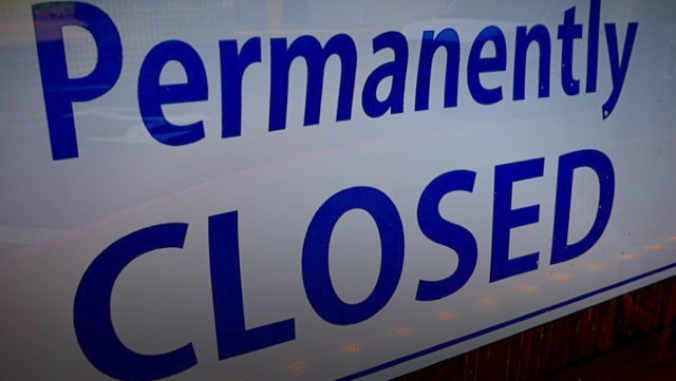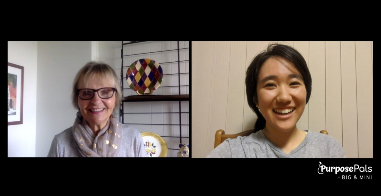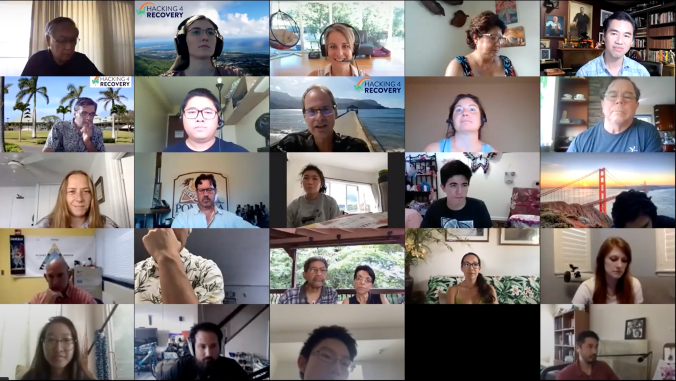
The COVID-19 pandemic has pulled the rug out from under thousands of businesses in Hawaiʻi. The crippled economy has plunged the state into a projected $2.3 billion shortfall, an economy that so heavily relies on the tourism industry. To help stabilize Hawaiʻi’s economic future, the University of Hawaiʻi Office of Innovation and Commercialization (OIC) hosted a free program for current businesses, entrepreneurs, students and members of the community that encouraged the reimagination of workforce industries.
“Whether it’s engineering, ocean sciences, healthcare, agtech, these are all key sectors that differentiate Hawaiʻi. They are going to help drive economic development and the ability to diversify our economy and get us back on a road towards recovery,” said UH OIC Interim Director Steve Auerbach.
- Related UH News story: Silicon Valley entrepreneur mentors UH COVID-19 economic recovery program, July 7, 2020
More than 160 participants completed Hacking 4 Recovery (H4R) with the goal of jump-starting their businesses. They broke up into 22 teams and were mentored by 41 community volunteers and business savvy guest speakers, including well-known Silicon Valley entrepreneur Steve Blank, creator of the lean startup approach. Participants proposed concepts that ranged from renewable electricity generation, smart occupancy sensors that reduce energy and even a technology company that helps customers achieve a healthier lifestyle by tying exercise routines to the wellbeing of a virtual animal.
Mobilizing pitch from dream to reality

UH Mānoa alumnus Colby Takeda’s team conceptualized a virtual companionship service for senior citizens. PurposePals cultivates mutually-beneficial relationships between youth and kupuna, a concept he explains is needed now more than ever as many endure the realities of the COVID-19 era.
“Our business is about helping older adults who may be lonely or could use some social support, and we take a population like young adults who are actively eager to give back and pair them up,” Takeda explained.
The Mililani native is a senior manager at Blue Zones Project Hawaiʻi and developed the idea alongside UH gerontologist Christy Nishita. Other team members included UH Mānoa alumnus Kris Kokame and Christian Higa, a 10th grader at Hawaii Technology Academy. They plan to launch the service this fall.
“H4R was about spreading the knowledge, developing an innovation/entrepreneurial mindset and engaging our community during a time of crisis to develop an idea to support our recovery and take this knowledge with them and to pay it forward—mission accomplished,” said OIC Innovation and Business Development Officer Sandra Fujiyama.
- Related UH News story: Widespread hardship continues for Hawaiʻi businesses, UHERO reports, August 18, 2020
According to the latest report from the UH Economic Research Organization, of the 464 business owners it surveyed, about 75 percent made staff cuts and other reductions, and roughly one-third anticipate deeper cuts in the months to come.
Maui Economic Development Board STEMworks is one of the partner organizations for H4R. Program Manager Katie Taladay said, “a community of volunteers came together from across the islands, simply to build capacity and hope during this time of economic uncertainty and distress. That in itself is such a powerful gesture. Recovery is going to be a long and difficult road, but we will get there together.”
—By Moanikeʻala Nabarro


